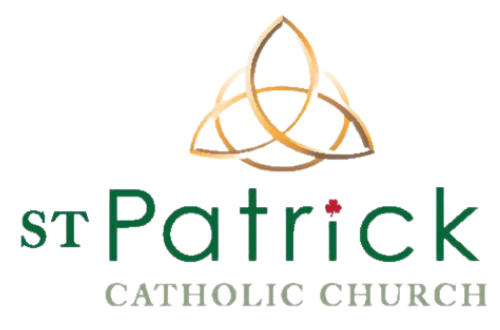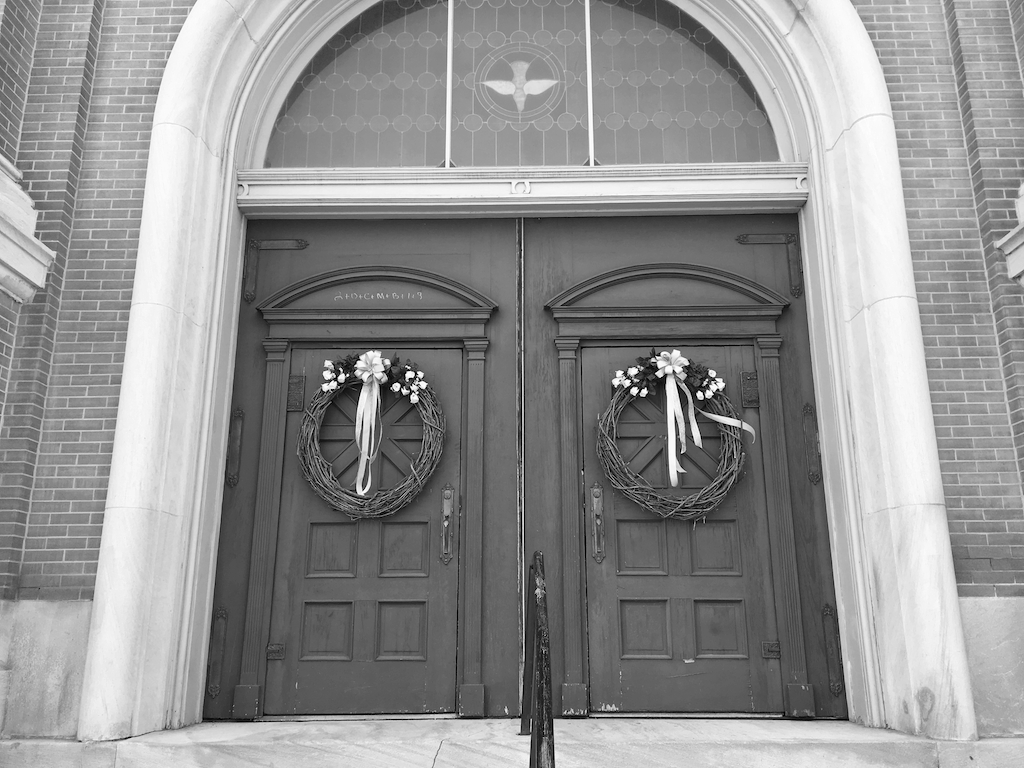Anointing of the Sick
[vc_row][vc_column][vc_column_text]
Anointing of the Sick
[/vc_column_text][vc_separator border_width=”5″][/vc_column][/vc_row][vc_row][vc_column width=”1/4″][vc_column_text][/vc_column_text][vc_single_image image=”172″ img_size=”full” alignment=”center” css_animation=”slideInLeft”][/vc_column][vc_column width=”3/4″][vc_column_text]
The Sacrament of Anointing of the Sick is a prayer by the Church for the healing of the person being anointed. Perhaps that healing will be physical – if it be God’s will – but the healing that we ask for in the sacrament is also spiritual and emotional. The Sacrament of the Sick is available to any baptized Catholic (over the age of 7) whose health is extremely impaired by illness or advanced age.
The Church asks us to not to wait until the last possible moment and encourages any Catholic whose health is seriously impaired to seek the sacrament whenever their illness or infirmity becomes serious.
Baptism is always the first sacrament that a person receives, so the Sacrament of Anointing of the Sick is not available to the unbaptized. In addition, it is associated with the forgiveness of sins. This sacrament is only celebrated by a priest (or bishop) and it is not administered to those who are under the age of reason – as no personal sins are imputed to ones so young. A priest will be happy to bless and pray with a sick child, however.
Due to federal privacy laws, hospitals no longer contact parishes when a parishioner enters the hospital. Please call the parish office at (901) 527-2542 when you or a loved one enters – or plans to enter – the hospital. Arrangements can be made when a person is homebound, in advance of scheduled surgery or when a person is admitted to the hospital. In addition, arrangements can be made to bring Holy Communion to a person who is unable to come to Mass.[/vc_column_text][/vc_column][/vc_row][vc_row][vc_column][vc_separator border_width=”5″][vc_column_text]
Theology of the Sacrament of Anointing of the Sick
The Rite of Anointing tells us there is no need to wait until a person is at the point of death to receive the Sacrament. A careful judgment about the serious nature of the illness is sufficient. The Sacrament may be repeated if the sick person recovers after the anointing but becomes ill once again, or if, during the same illness, the person’s condition becomes more serious. A person should be anointed before surgery when a dangerous illness is the reason for the intervention (cf. Rite of Anointing, Introduction, nos. 8-10).
Moreover, “old people may be anointed if they are in weak condition even though no dangerous illness is present. Sick children may be anointed if they have sufficient use of reason to be comforted by this sacrament. . . . [The faithful] should be encouraged to ask for the anointing, and, as soon as the time for the anointing comes, to receive it with faith and devotion, not misusing the sacrament by putting it off” (Rite of Anointing, nos. 11, 12, 13).
Only bishops and priests may be ministers of the Sacrament of the Anointing of the Sick. A penitential rite followed by the Liturgy of the Word opens the celebration. Scripture awakens the faith of the sick and family members and friends to pray to Christ for the strength of his Holy Spirit. The priest lays his hands on the head of the sick person. He then proceeds to anoint, with the blessed Oil of the Sick, the forehead and hands of the sick person (in the Roman Rite). He accompanies these acts with the words, “Through this holy anointing may the Lord in his love and mercy help you with the grace of the Holy Spirit. May the Lord who frees you from sin save you and raise you up” (CCC, no. 1513).
For those who are about to depart from this life, the Church offers the person Penance, Anointing of the Sick, and the Eucharist as Viaticum (food for the journey) given at the end of life. These are “the sacraments that prepare for our heavenly homeland” (cf. CCC, no. 1525). These rites are highly valued by Catholics as powerful aids to a good death. Since Holy Communion is the effective sign of Christ’s Paschal Mystery, it becomes for the recipient the opportunity to unite one’s own suffering and dying to that of Christ with the hope of life eternal with him. The special words proper to Viaticum are added: “May the Lord Jesus protect you and lead you to everlasting life. Amen.”
[/vc_column_text][vc_column_text][/vc_column_text][/vc_column][/vc_row]

